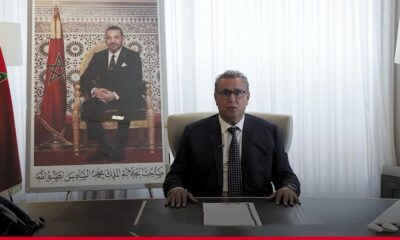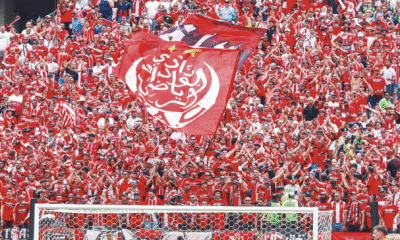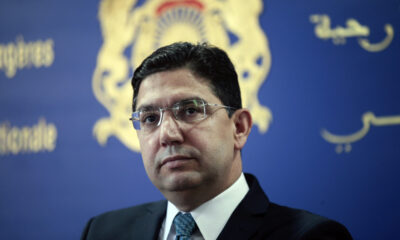Kingdom
Social: These Direct Support Programs That Bring Relief
Preserving purchasing power, access to housing, medical coverage… Social safety nets that prioritize citizen-centered approaches are being deployed efficiently and effectively. Initial assessments already indicate high satisfaction among beneficiaries.
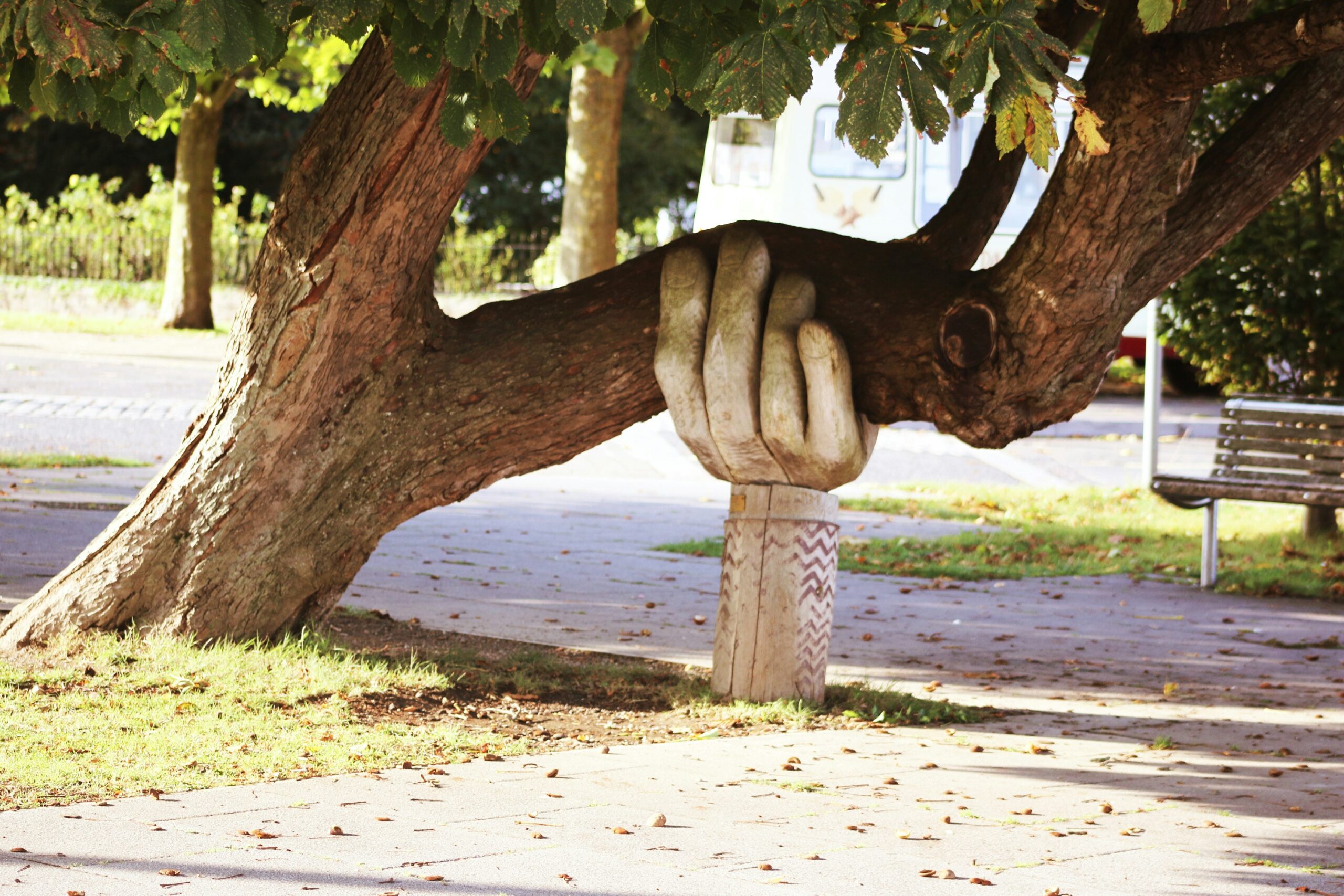
In supporting vulnerable populations, a paradigm shift had been overdue for over a decade: The price compensation mechanism for subsidizing basic goods was already showing signs of strain, while the idea of providing direct aid to households in need had been steadily gaining traction.
In numerous speeches, His Majesty King Mohammed VI called for the consolidation of Morocco’s various social programs—such as Tayssir, Ramed, and others—for which billions of dirhams had been allocated.
Subsequently, projects to establish a National Population Registry and a Unified Social Registry were launched to optimize the targeting of households requiring support. However, the completion of these databases was only finalized in 2023: with the launch of registrations for the Social Registry and the implementation of a scoring system to determine household eligibility thresholds.
This process culminated in the first payments to beneficiaries in December 2023. Since its appointment, the Akhannouch government has been working at full throttle to advance this royal initiative—a cornerstone of a holistic vision to strengthen the foundations of Morocco’s social state.
Notably, a year before the rollout of direct social aid, the government successfully implemented another pivotal reform: the expansion of Mandatory Health Insurance (AMO), particularly transitioning former beneficiaries of the Medical Assistance Program for Economically Vulnerable Populations (Ramed) to the National Social Security Fund (CNSS).
These two structural reforms, executed methodically and equitably, have transformed Morocco’s social policy landscape, propelling the Kingdom into the select club of nations with reliable and effective social safety nets. A multitude of indicators stand as evidence…
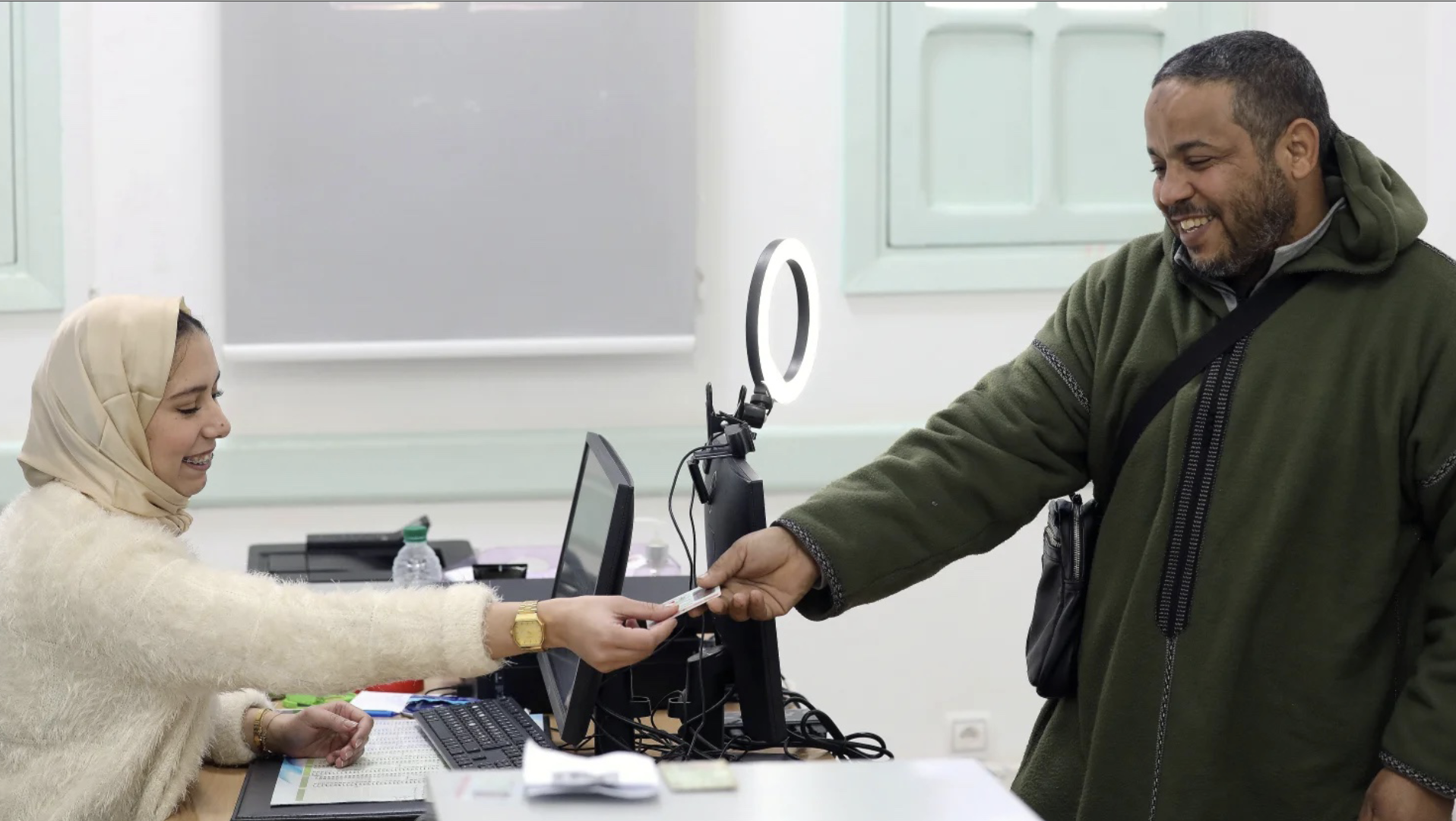
Billions in Support
“By allocating approximately 2% of its GDP to finance this Direct Social Assistance Program (PASD), Morocco ranks second among African nations in social support.”
Aziz Akhannouch, Head of Government, highlighted this observation during his presentation of the program’s progress report to elected representatives in Parliament last May. A substantial budgetary effort has been dedicated to PASD: 25 billion dirhams in 2024, 26.5 billion for the current year, and 29 billion planned for 2026.
As of late May, around 4 million households—encompassing nearly 12 million Moroccans—have benefited from PASD. The program provides monthly financial aid to eligible families, with amounts ranging from 500 dirhams to a maximum of 1,200 dirhams, depending on household composition and socioeconomic status.
The number of children covered under this direct aid exceeded 5.5 million, while over 1 million individuals aged 60+ received a fixed-rate monthly subsidy to bolster their purchasing power and mitigate aging-related risks.
Additionally, approximately 3.2 million PASD-beneficiary households now have access to Mandatory Health Insurance (AMO), with contributions fully covered by the state. The latest figures for AMO-Tadamon reveal 11 million beneficiaries who receive free healthcare in public hospitals and private-sector services through the National Social Security Fund (CNSS), under the same conditions as other insured individuals.
From its launch through March 2025, over 14 million medical claims were filed under this scheme, of which 12 million were processed—including 300,000+ cases involving chronic or severe illnesses. The government assures the sustainability of AMO-Tadamon, with direct annual contributions of 9.5 billion dirhams covering eligible families’ insurance costs.
Housing & Financial Inclusion
The paradigm shift extends beyond bolstering purchasing power for vulnerable households and covering their healthcare expenses. Reforms have also targeted housing: under the Akhannouch government, direct housing aid has replaced tax exemptions for developers, now prioritizing low- and middle-income families seeking homeownership.
Fatima-Zahra Mansouri, Minister of Housing and Urban Policy, informed the House of Representatives that 128,528 applications for direct housing aid were submitted, with 48,000 approved. Total aid disbursed amounts to 3.8 billion dirhams, with 54% of beneficiaries receiving 70,000 dirhams and the remaining 46% granted 100,000 dirhams.
Adib Benbrahim, Secretary of State for Housing, updated the figures this week, noting 167,000 applicants and announcing new measures to stimulate local economic activity and expand housing supply in rural and mountainous areas.
Spillover Effects & Rigorous Evaluation
These social programs have yielded multiple indirect benefits. For instance, financial inclusion has surged: Nadia Fettah, Minister of Economy and Finance, recently reported that 79% of beneficiaries are now banked, with banks offering tailored services capped at 5 dirhams monthly fees.
Beyond effectively deploying direct aid, Morocco has implemented rigorous evaluations of its social policies. Leading this effort, the National Observatory for Human Development (ONDH) published a dual quantitative and qualitative survey to assess PASD beneficiaries’ satisfaction levels (see adjacent).
This initiative tracks the program’s ripple effects, evaluates citizens’ experiences interacting with the support system, and gathers feedback on service quality. Results indicate exceptionally high levels of public trust in the program—a testament to its impact and alignment with citizens’ needs.



